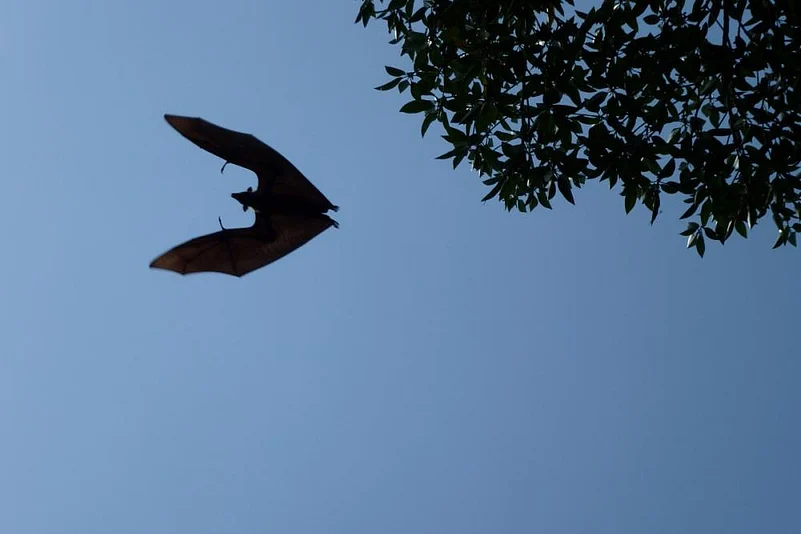Kerala has been put on high alert after the deaths of three people from a family in Kozhikode district were reported to be due to an outbreak of Nipah virus. According to local media, the nurse who had treated the deceased at the government hospital in Perambra has become the fourth victim of the rare virus. The Health department took her body directly to the local electrical crematorium without handing it over to her family as a precautionary measure to prevent further spread of the virus.
Kozhikode and adjacent districts are now on a panic mode as more people with fever have been hospitalised in various places. At least nine of them in Kozhikode are suspected to be affected by Nipah. Even as the Union Health Ministry has sent a high-level team to Kerala to probe the outbreak, the rumours and social media messages on the virus are spreading like wildfire in the area creating anguish among the local people.
Here’s everything you need to know about the Nipah Virus (NiV):
What Is Nipah Virus Infection?
According to the World Health Organisation, Nipah virus (NiV) infection is a newly emerging zoonosis (a disease which can be transmitted to humans from animals) that causes severe disease in both animals and humans. The natural host of the virus are fruit bats of the Pteropodidae Family, Pteropus genus.
Origin
Nipah has got its name from Kampung Sungai Nipah, a place in Malaysia where the virus was first identified during an outbreak of disease that took place in 1998. Pigs were the intermediate hosts in this outbreak. In Bangladesh in 2004, humans became infected with NiV after consuming date palm sap that were contaminated by infected fruit bats.
Symptoms And Precautions
Fever, head ache, fainting and nausea. Choking, vomiting, stomach pain and fatigue could also be seen in some cases. The primary precaution is to avoid eating fruits contaminated by bats.
Treatment?
“NiV infection in humans has a range of clinical presentations, from asymptomatic infection to acute respiratory syndrome and fatal encephalitis,” says WHO, adding, “There is no vaccine for either humans or animals. The primary treatment for human cases is intensive supportive care.” WHO says that human-to-human transmission of NiV was documented in a hospital setting in India.


























